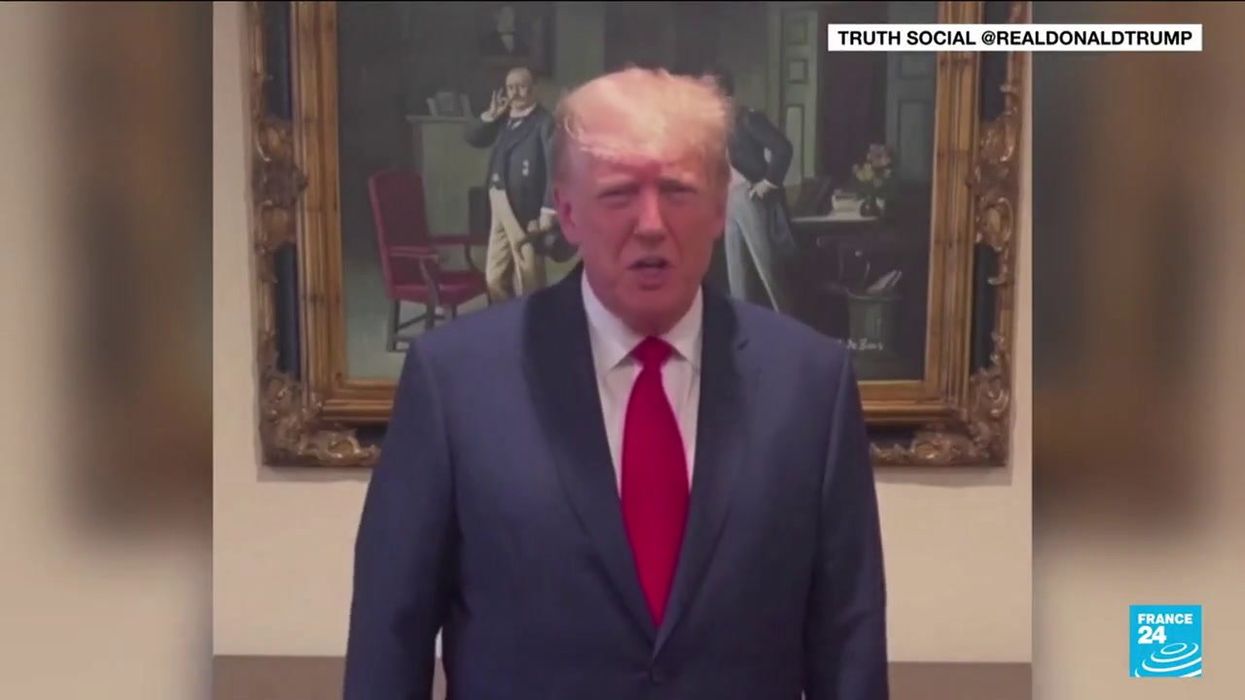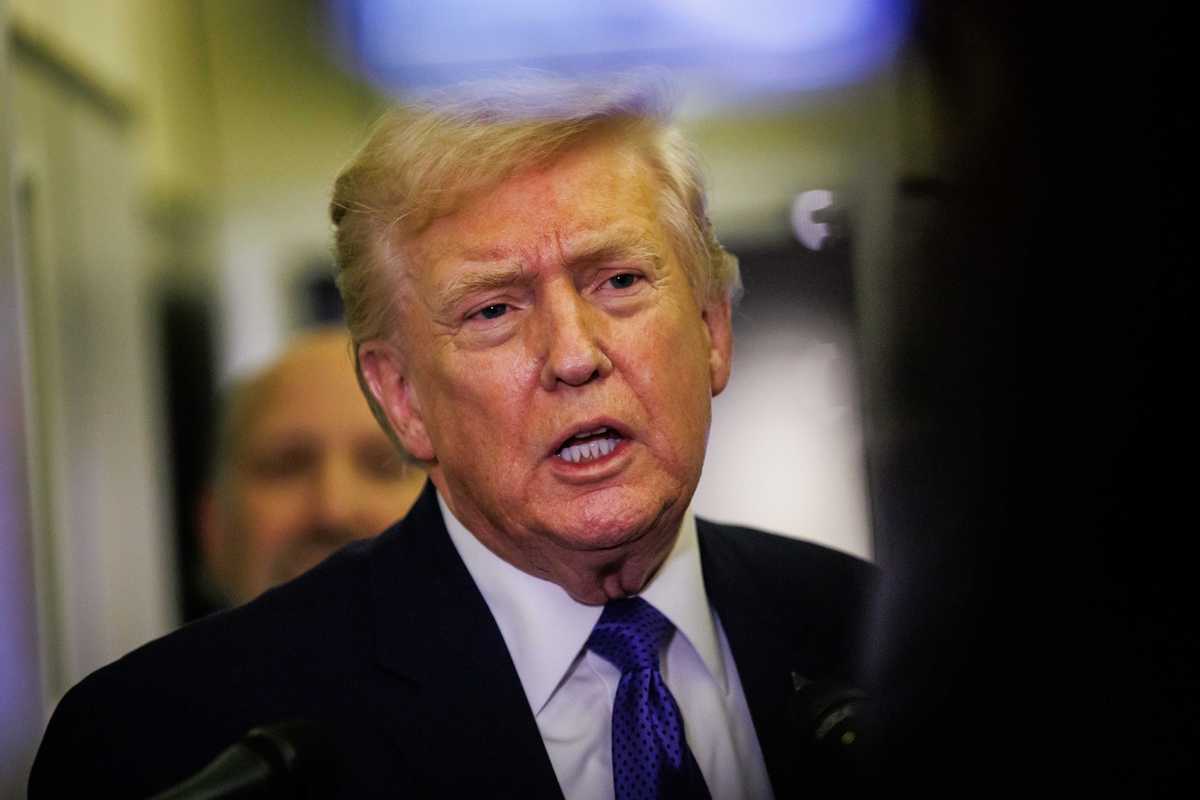Catherine Shuttleworth
Jun 09, 2023
Why has Donald Trump been indicted?
content.jwplatform.com
On Thursday evening Donald Trump was indicted on seven charges. This was his second criminal charge in three months.
This time, the charges come as a result of his handling of classified files after he left the White House. The charges could carry a maximum of 100 years in prison if he is convicted. Possible convictions could include mishandling of the documents, or of obstructing the investigation into whether he did.
Last year, thousands of documents were seized at Mar-a-Lago by the FBI, after the US National Archives realised that some records were missing a few months after Trump left office. When Mr Trump left office in January 2021, he was supposed to hand over all presidential records, which are considered federal property.
The Department of Justice has been investigating Mr Trump for violating the Espionage Act and for obstruction of justice over the discovery of classified documents at his private residence. It is illegal for officials to remove or keep classified documents at unauthorised and insecure locations.
Sign up to our free Indy100 weekly newsletter
Trump's lawyer, Jim Trusty, told CNN that in the summons document, charges included conspiracy, false statements, obstruction of justice, and illegally retaining classified documents under the Espionage Act. However, prosecutors are yet to confirm the exact charges.
Following the announcement of his indictment, the former president took to Truth Social to insist he is an "innocent man". In a separate post he wrote: "The corrupt Biden Administration has informed my attorneys that I have been Indicted, seemingly over the Boxes Hoax."
Despite the fact that Trump has been indicted, it does not guarantee conviction. With some legal experts arguing that it would be difficult to prove that the former President committed a crime. Trump could argue that his staff mishandled the documents without his knowledge.
Trump, who is seeking the Republican presidential nomination may face a hit politically after his indictment, with some voters questioning whether they want to vote for him. However, there are no restrictions in US law that prevent someone from running President if they have been indicted or convicted of a crime.
If Trump were to be both convicted and win the presidency, it's unclear what path would be taken. The former president would likely try to find an excuse to get out of serving time. If that was not possible, however, he would probably face a third impeachment or removal via the 25th Amendment, which allows the Cabinet to remove a president who is unable to perform their duties.
Trump will appear at a federal courthouse in Miami on Tuesday 13 June.
Have your say in our news democracy. Click the upvote icon at the top of the page to help raise this article through the indy100 rankings.
Top 100
The Conversation (0)














